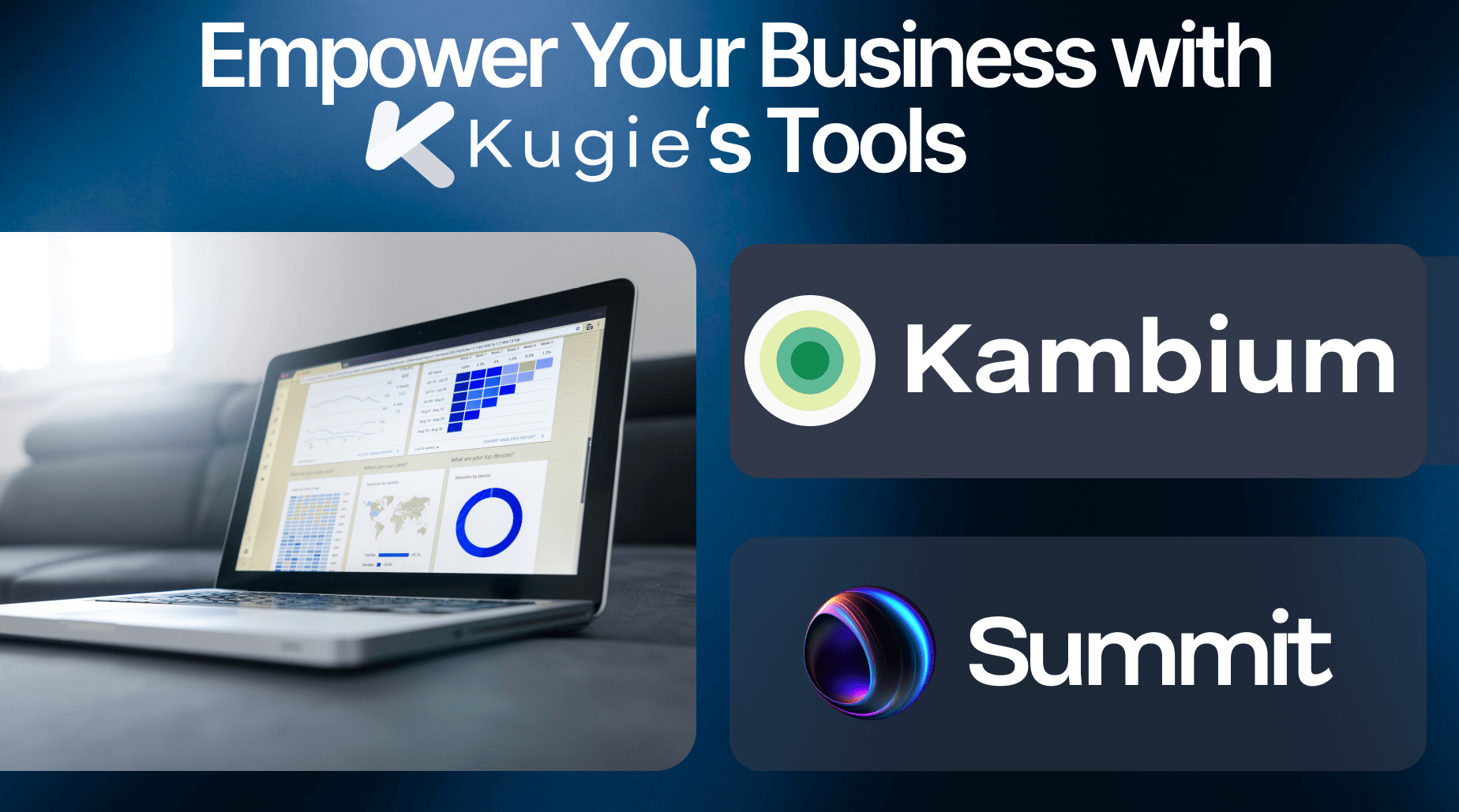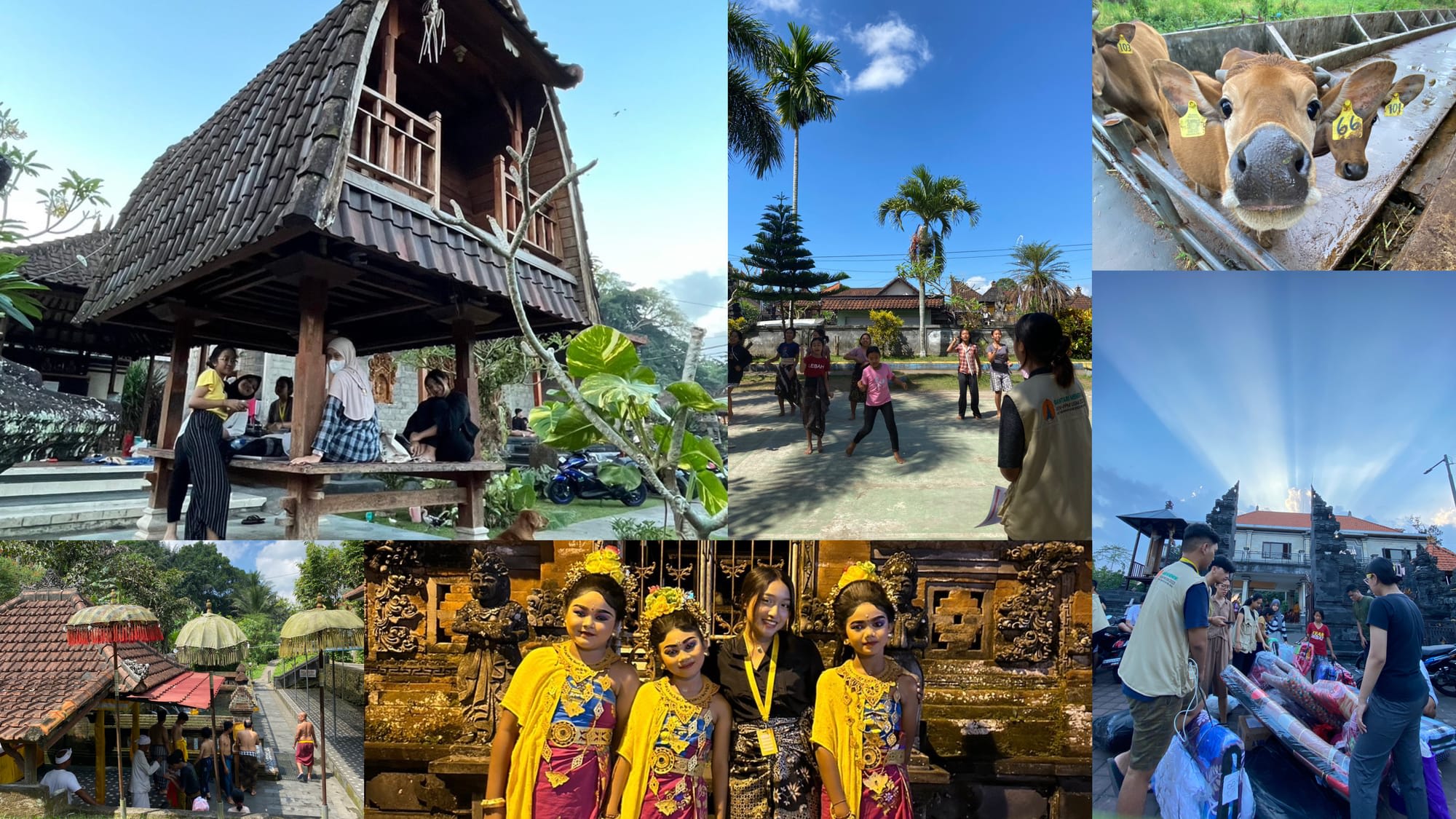Switching Lanes : from Economics to Marketing

When I started university as an Economics major at Gadjah Mada University, I thought I had a clear roadmap laid out. You know, charts, models, maybe a future in banking or finance. However, somewhere around my third semester, while trying to stay awake during a lecture on monetary policy, I had a tiny existential crisis (the productive kind). I started wondering if I really wanted to spend my career dissecting interest rate fluctuations. Or if maybe, just maybe, I was more curious about how brands manage to get us emotionally invested in... shampoo, for example. That curiosity grew fast, and before I could finish my next term paper, I’d applied for my first marketing internship.
Starting Early: The Need for Experience
I knew that if I wanted to switch the trajectory of my career, I needed to prepare and start early to gain experience, especially since I didn’t have a marketing degree. It was clear to me that in a field like marketing, experience mattered just as much as formal education. I was eager to learn and I didn’t want to waste any time.
That internship was at Magnifique Indonesia, a digital marketing agency full of fast-paced brainstorms, last-minute content tweaks, and some of the most hands-on learning I’d ever experienced. It was my five-month crash course into the marketing world, and I loved it. Suddenly, I was thinking not about macroeconomic policy, but about how to make people care about a product in a sea of a thousand others. Additionally, what struck me most was this: marketing wasn’t just creativity with a Canva account—it was strategic, analytical, deeply human, and occasionally chaotic in the best way possible. Basically, it had everything I know I was looking for.
From Economics to Marketing: A Natural Blend
One of the things that pulled me in and never let go was how marketing blends analytical thinking with creative flair. Coming from an economics background, I already spoke the language of numbers, patterns, and logic. In marketing, those skills became something new. Now, instead of modeling supply and demand, I was analyzing customer insights and campaign performance. Instead of debating theories, I was experimenting with messaging, testing communication hypotheses, and figuring out what made people tick. It felt like solving a puzzle, but one where emotions and aesthetics mattered just as much as the data. Honestly? That balance of left-brain and right-brain work felt like home.
The Question I Get All the Time
I get this question a lot in job interviews: “How does your degree in Economics differ from your experience in marketing?” Honestly, it’s a great question. While my formal education didn’t directly lead me to marketing, the skills I developed in economics—such as critical thinking, data analysis, and pattern recognition—are exactly what is used in marketing every day. These analytical skills allow me to break down complex problems and devise strategies that make sense, even in the most creative marketing campaigns. My degree doesn’t define my career, but it absolutely enhances it.
Over time, my focus narrowed in on consumer goods because let’s be real, there’s something pretty amazing about working on brands that people interact with every single day. Whether it's food, skincare, or household products, these are the things that quietly shape our routines and decisions. Consumer goods feel especially close to me because they’re a part of my own everyday life, which is one of the bigger reasons why I love it. It allows me to connect more directly with the impact of what I do. I became passionate with the challenge of creating stories and strategies that could make a product not only stand out on a crowded shelf but actually mean something to someone. That blend of purpose and practicality? That's where I feel like I thrive.
A Pivot, Not a Detour
Looking back, switching tracks from economics to marketing wasn’t a detour—it was a pivot that aligned everything I loved into one messy, vibrant, fascinating career path. I still use my econs brain every day, just in different ways—whether it’s segmenting audiences, analyzing campaign ROI, or spotting trends before they go mainstream. Hoever, now I also get to be part of something more expressive, more people-centric, and honestly, more me.
If there's one thing I've learned, it’s that your degree doesn’t have to dictate your destination—it’s part of your toolkit. Sometimes, the real magic happens when you start coloring outside the lines.
1. Use your unique background to your advantage
2. Skills from one field are transferable to another.
3. Each career experience contributes to a more well-rounded skill set.
4. Exploring new fields can lead to discovering your true interests.
This site is powered by Kambium, the product of Kugie App.




